Publications
Articles, publications, books, tools and multimedia features from the U.S. Institute of Peace provide the latest news, analysis, research findings, practitioner guides and reports, all related to the conflict zones and issues that are at the center of the Institute’s work to prevent and reduce violent conflict.

China’s Edge in the Pacific Islands: Xi Jinping Makes Time for Leaders
If the U.S. government wants an edge over China in the Pacific Islands, it needs to facilitate more meetings between the president of the United States and regional leaders, preferably one-on-one. When Pacific Island leaders fly to Beijing, they often have a one-on-one meeting with Chinese President Xi Jinping, but such a meeting between the leader of a Pacific Island country and a sitting president of the United States has never taken place. The White House has only conducted joint meetings with Pacific Island leaders. Sometimes even joint meetings don’t make the cut.
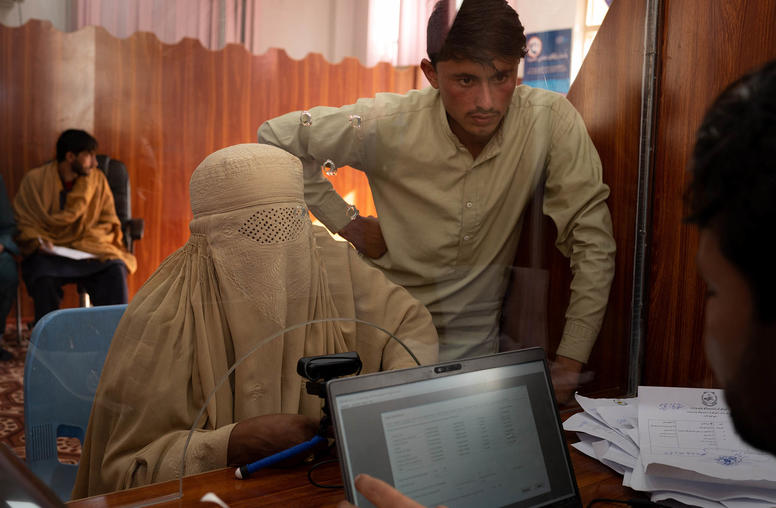
What to Expect from the Doha Conference on Afghanistan
On February 18-19, United Nations Secretary-General Antonio Guterres will convene a meeting on Afghanistan in Doha to discuss the ongoing humanitarian and human rights crises and the recent report on a way forward by U.N. Special Coordinator for Afghanistan Feridun Sinirlioğlu. Special envoys from U.N. member states and international organizations will attend; representatives from Afghan civil society, women’s groups and Taliban officials have also been invited. The conference is a critical, high-level opportunity for donors and the region to chart next steps on how to improve the situation in Afghanistan and engage with the Taliban regime.

China, Russia See SCO at Counterweight to NATO but India Is Ambivalent
A week ahead of the NATO summit in Washington, leaders of the Shanghai Cooperation Organization (SCO) gathered in Astana, Kazakhstan for the group’s annual meeting. Already one of the world’s largest regional organizations, the SCO added Belarus to the bloc at this year’s summit. Established by China and Russia in 2001, the SCO was originally focused on security and economic issues in Central Asia. But amid growing division and competition with the West, Beijing and Moscow increasingly position the growing bloc as a platform to promote an alternative to the U.S.-led order. Still, the organization’s expansion has been met with friction by some members.
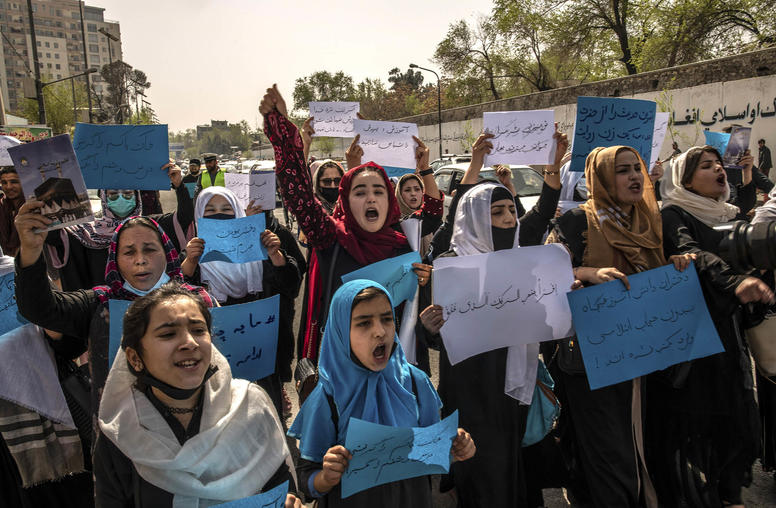
The Taliban Continue to Tighten Their Grip on Afghan Women and Girls
Since the Taliban’s August 2021 takeover of Afghanistan, they have ratcheted up restrictions on women and girls as the group consolidates power. These restrictions include limitations on employment, education, public interactions and other fundamental rights such as access to justice. These restrictions have only tightened over time with increasingly draconian enforcement — the latest being public floggings that harken back to the Taliban’s 1990s rule. Amid the U.N.’s 16 Days of Activism against Gender-Based Violence, USIP has compiled a comprehensive archive of Taliban decrees and public statements on the treatment of women and girls. While leaders and activists around the globe strategize and develop plans to address gender-based violence in their respective countries, Afghanistan stands out as a worst-case example, with two decades of hard-won progress rapidly unwinding.

Robin Wright on What to Expect from Iran’s New President
The election of reformist candidate Masoud Pezeshkian as Iran’s new president dealt a “stunning blow in many ways to the hardliners,” says USIP’s Robin Wright. However, “the hardliners still have control of the legislature and the judiciary, and they can create havoc for the new president” and his agenda.

War and the Church in Ukraine
Vladimir Putin’s war to reverse Ukraine’s independence includes religion. For centuries, the Russian Orthodox Church bolstered Moscow’s rule by wielding ecclesiastical authority over Ukrainian churches. Since early 2019, Ukraine has had a self-governing Orthodox Church of Ukraine. Russia’s invasion has sharpened tensions between it and the rival branch historically linked to Moscow. Any conciliation between them could shrink areas for conflict — and the Kremlin’s ability to stir chaos — in a postwar Ukraine. It would bolster Ukraine’s future stability and reinforce a decline in Russia’s historically massive influence across the Orthodox Christian world. But can Ukrainians make that happen?
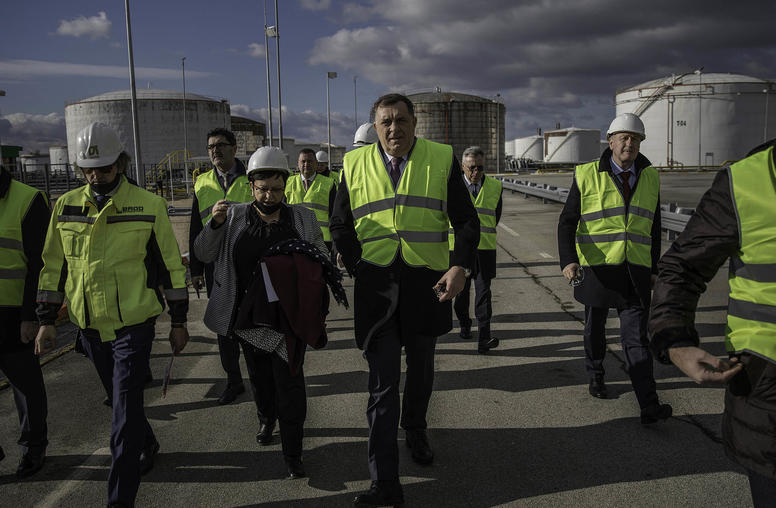
Dislodging Putin’s Foothold in the Balkans
The impact of Russia’s invasion of Ukraine on the Balkans can only be understood by considering Moscow’s malign influence in the region from a broader perspective. While Russia has specific objectives related to each individual country in the region, its overall objective is clearly to target the Western Balkans through a divide and rule approach, using multiple tools of influence. While the United States and its European partners focus on the war in Ukraine, Russia is taking the opportunity to nibble away at NATO’s borders and to sow discord in countries hoping to some day present a strong case for joining the European Union.
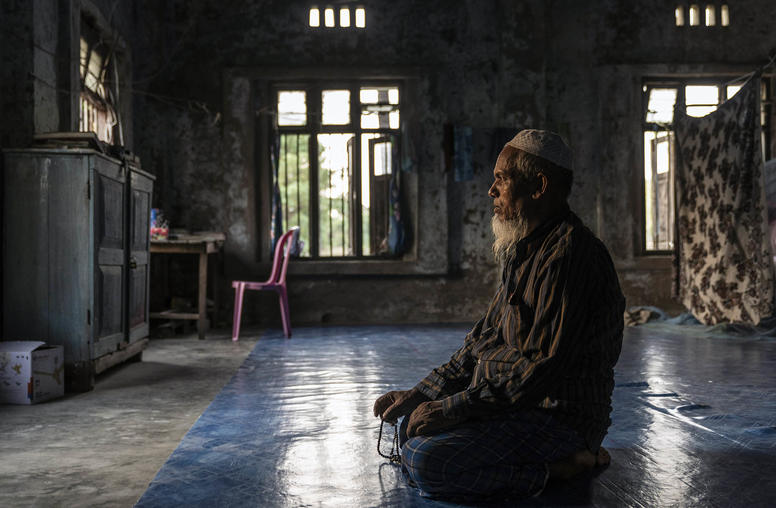
Maintaining International Religious Freedom as a Central Tenet of U.S. National Security
In 2021–22, USIP’s Religion and Inclusive Societies Program convened a bipartisan working group of advocates, academics, and former government officials to discuss how the United States can advance global peace and stability by embracing international religious freedom as a major pillar of its diplomatic engagement. This report, written by the working group’s co-chairs, examines the history of the US commitment to international religious freedom and the challenges to ensuring that it remains a central tenet of US foreign policy and national security.
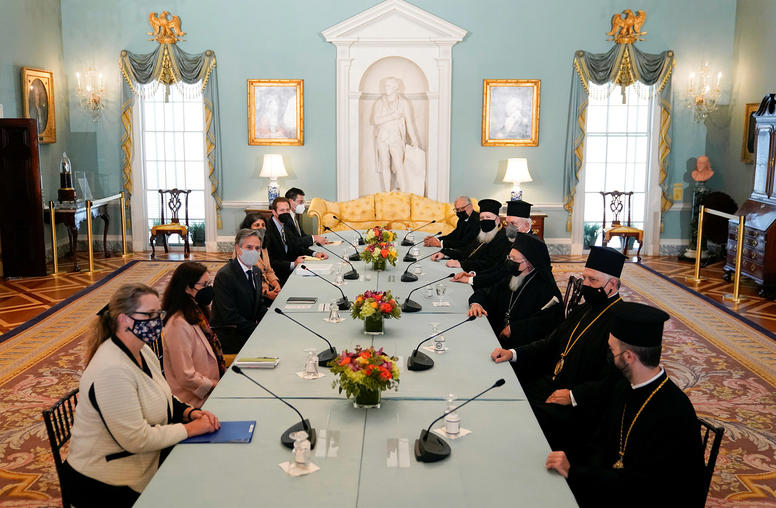
Advancing Global Peace and Security through Religious Engagement: Lessons to Improve U.S. Policy
Since 2001, when the Bush administration created a unit within the White House to work on faith-based initiatives, Democratic and Republican administrations alike have sought to engage religious actors worldwide in support of their diplomatic, development, and defense initiatives. This report, based on the authors’ decades of experience working within and outside government, offers specific suggestions for steps the U.S. government can take to clarify the nature of its religious engagement mission and to better coordinate that mission in relation to its other peacebuilding and national security priorities.
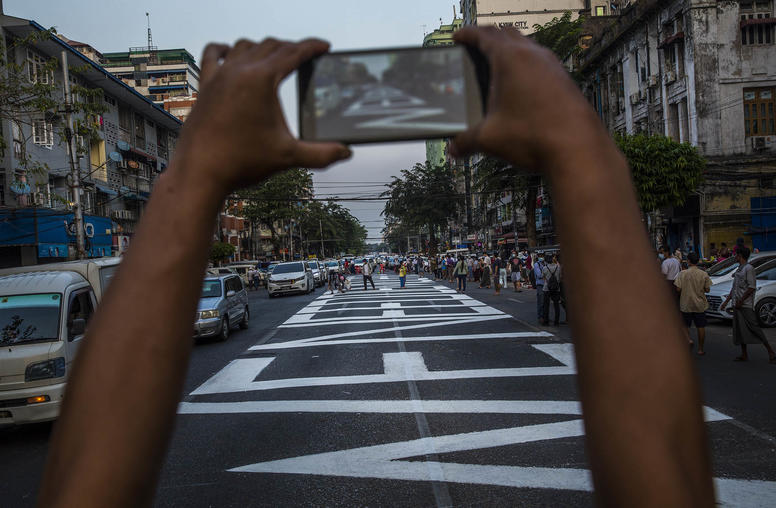
A New Approach for Digital Media, Peace and Conflict
Discussions about the negative effects of online communication on society — including its potential to contribute to violent conflict — tend to focus primarily on misinformation and disinformation. The former refers to factually incorrect information that manages to reach audiences at scale, whereas the latter refers to inaccurate information that is spread deliberately and malignantly by some actor or agent in order to produce specific perceptions and outcomes in physical or digital space.